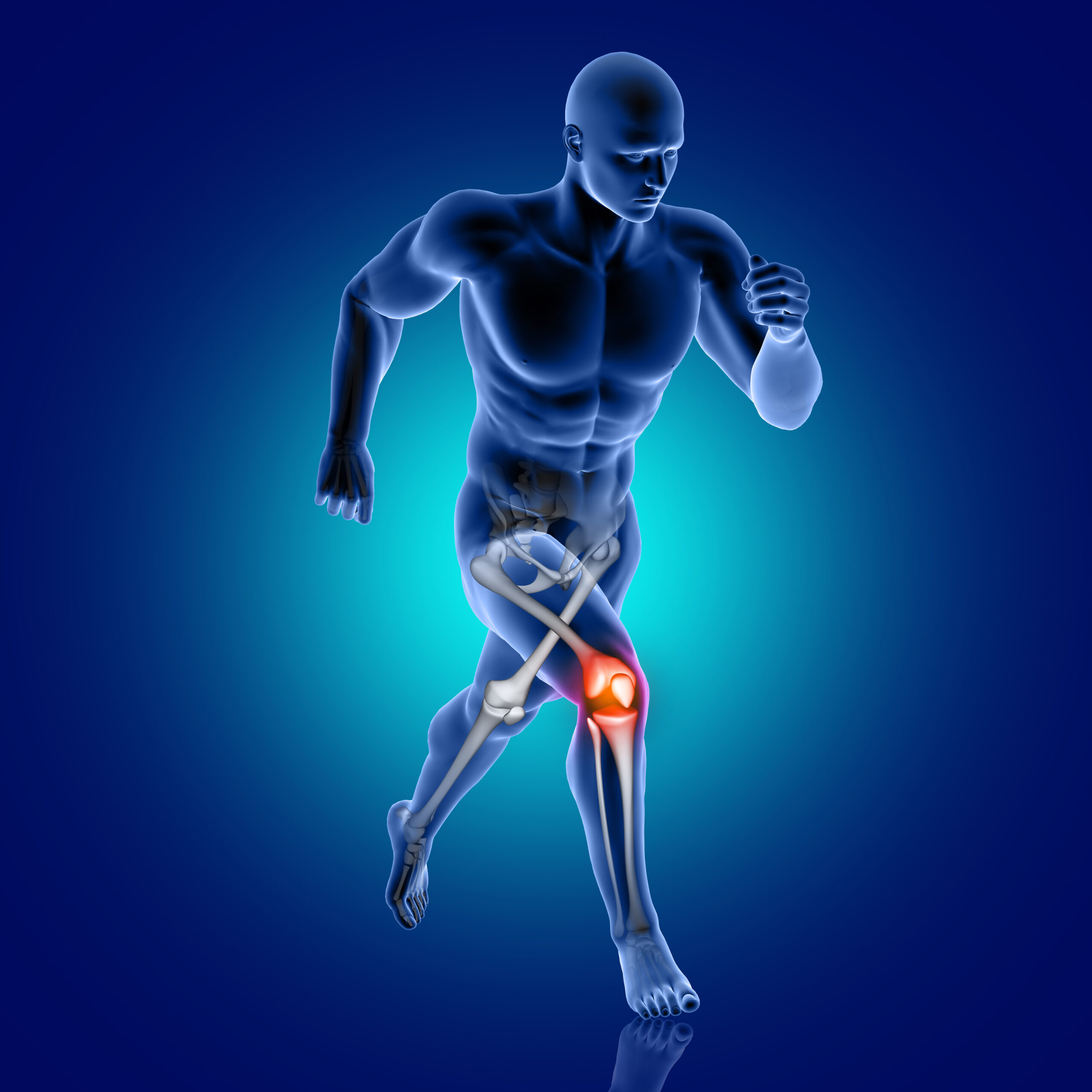The symptoms can hit unexpectedly. One day, you’re cruising through workouts and hitting deadlines with ease. The next, you’re struggling to get out of bed, lacking focus, and wondering what happened to your energy. Many men immediately blame age when testosterone starts to decline, but research reveals that your gut health might be to blame long before Father Time has a say.
Your digestive system is home to trillions of microorganisms that directly control how much testosterone your body produces and uses. When your gut is in good shape, it supports your testosterone levels, but when it’s not, hormone production can take a dive. A healthy gut plays several vital roles:
- Maximizing nutrient absorption: Key minerals like zinc, magnesium, and vitamin D, essential for testosterone, are better absorbed.
- Reducing chronic inflammation: Inflammation suppresses hormone production, and a balanced gut keeps it under control.
- Regulating stress hormones: Stress hormones like cortisol compete with testosterone for the same resources, so a healthy gut helps balance these levels.
- Cholesterol metabolism: Cholesterol is used to make testosterone, and a healthy gut microbiome is crucial in processing dietary cholesterol into hormone precursors.
When your gut falls out of balance, it disrupts these processes. This condition, known as dysbiosis, causes nutrient absorption to plummet, inflammation to rise, and testosterone production to decrease.
The Three Ways Poor Digestion Disrupts Testosterone
-
Inflammation Wreaks Havoc:
A compromised gut lining, often referred to as “leaky gut,” allows toxins and food particles to enter the bloodstream. This triggers inflammation, which forces your body to prioritize cortisol over testosterone. The problem? Elevated cortisol takes the building blocks needed for healthy testosterone levels, creating a cycle where increased stress and fatigue lead to even lower testosterone.
-
Cholesterol Conversion Stalls:
Testosterone is made from cholesterol, and gut bacteria are essential in converting dietary cholesterol into usable hormone precursors. When your microbiome is off-balance, your body struggles to make this conversion, even if you’re eating healthy foods or taking supplements. You’re essentially running a hormone factory without the raw materials.
-
Nutrient Absorption Dips:
Dysbiosis can severely impair your ability to absorb nutrients critical for testosterone production:
- Zinc deficiency reduces testosterone and sperm quality.
- Magnesium shortage disrupts sleep and elevates cortisol.
- Vitamin D insufficiency correlates with lower testosterone levels.
- B-vitamin depletion impacts energy metabolism and hormone regulation.
You might be taking supplements, but if your gut can’t absorb them, you’re wasting your resources and staying deficient.
Is Your Gut Sabotaging Your Hormones?
While testing is the most accurate way to diagnose gut-related hormone imbalances, certain symptoms can point to underlying issues:
Digestive Red Flags:
- Chronic bloating, gas, or irregular bowel movements
- Increased food sensitivities
- Persistent heartburn or stomach discomfort
Hormonal Symptoms:
- Constant fatigue that doesn’t improve with rest
- Low libido or sexual performance issues
- Muscle loss despite consistent workouts
- Brain fog, mood swings, and poor concentration
- Slow recovery after physical activity or illness
If you’re experiencing several of these symptoms, your gut health should be a priority.
Steps to Restore Gut and Testosterone Health
Your gut responds rapidly to positive changes. Implementing these strategies can help restore gut health and support testosterone optimization:
Feed Your Gut
- Prioritize fiber diversity: Aim for 35–40g daily from vegetables, legumes, and whole grains.
- Add fermented foods like yogurt, kefir, sauerkraut, and miso to introduce probiotics into your gut.
- Embrace plant variety: Eating 30+ different plant foods a week maximizes microbiome diversity.
- Avoid Gut-Damaging Habits
- Cut down on refined sugars, which promote harmful bacteria and inflammation.
- Limit alcohol consumption, as it damages the gut lining and depletes good bacteria.
- Avoid unnecessary antibiotics, as they can disrupt your microbiome for months.
- Strategic Supplements
- Use high-quality probiotics with 50+ billion CFUs, especially after taking antibiotics.
- Consider prebiotic fiber supplements like inulin to feed beneficial bacteria.
- Digestive enzymes can help break down foods and ease the gut’s healing process.
- Optimize Your Lifestyle
- Prioritize sleep quality: Aim for 7-9 hours nightly to lower cortisol and promote gut health.
- Manage stress through meditation, exercise, or therapy to prevent cortisol spikes.
- Stay hydrated: Water supports gut function and nutrient absorption.
When Gut Health Isn’t Enough
Even with the best lifestyle practices, some men still struggle with low testosterone due to genetics, environmental toxins, chronic stress, or previous health issues. If you continue to experience symptoms after months of optimizing gut health, it may be time to seek additional support.
If you’re dealing with symptoms like low testosterone levels, fatigue, or lack of libido despite making dietary and lifestyle changes, it may be time to investigate further.
A New Path to Reclaiming Your Vitality
The connection between gut health and testosterone is well-documented, and it’s not just a theory—it’s biochemical fact. Unlike aging, gut health is something you can control. By improving your gut health, you can improve testosterone production, boosting your energy, mental clarity, and overall vitality.
Don’t accept declining energy, low libido, and mental fog as part of the aging process. Optimizing your gut health may be the key to reclaiming your vitality. Take control of your health today and start experiencing the transformation within weeks.



